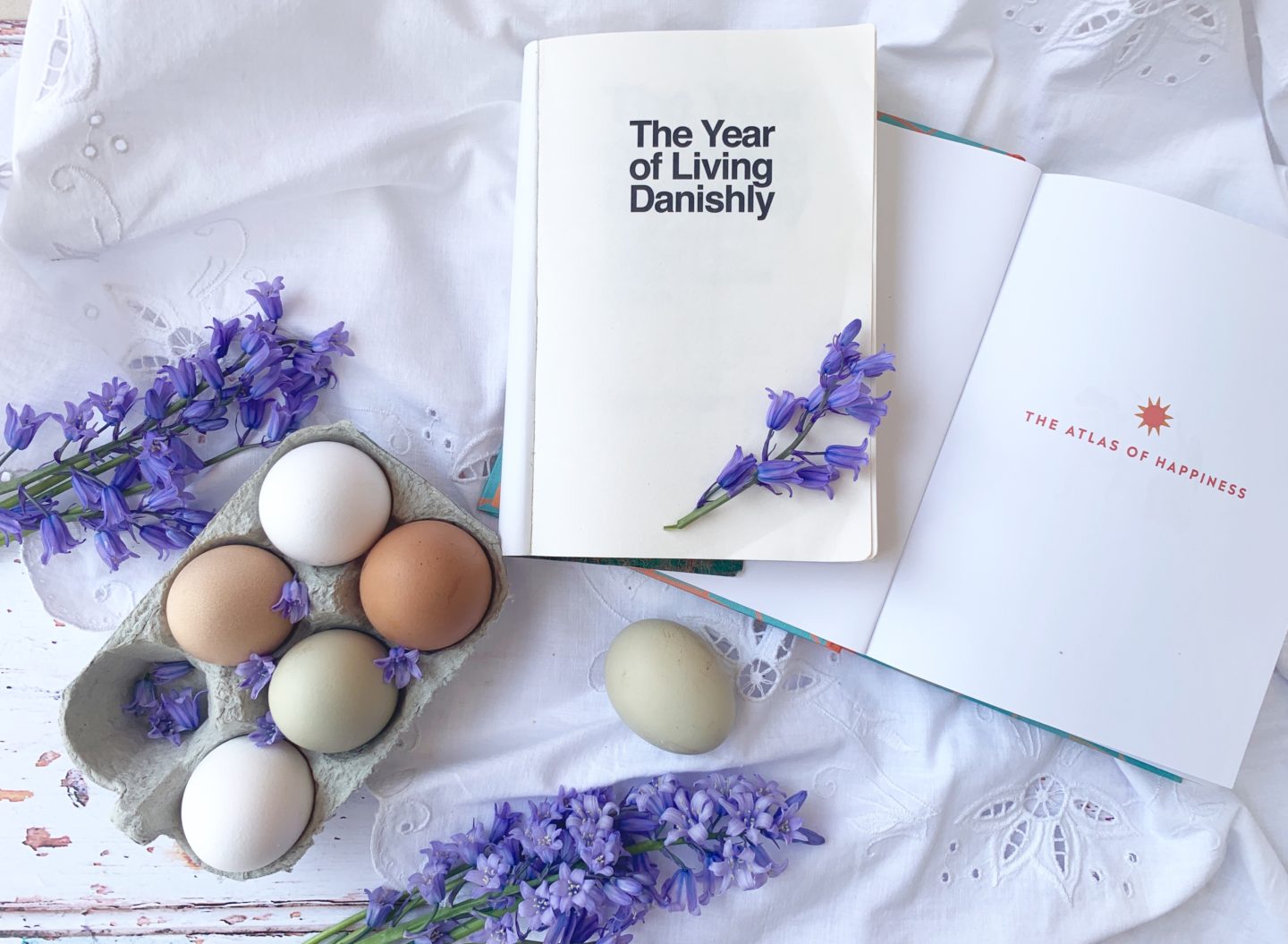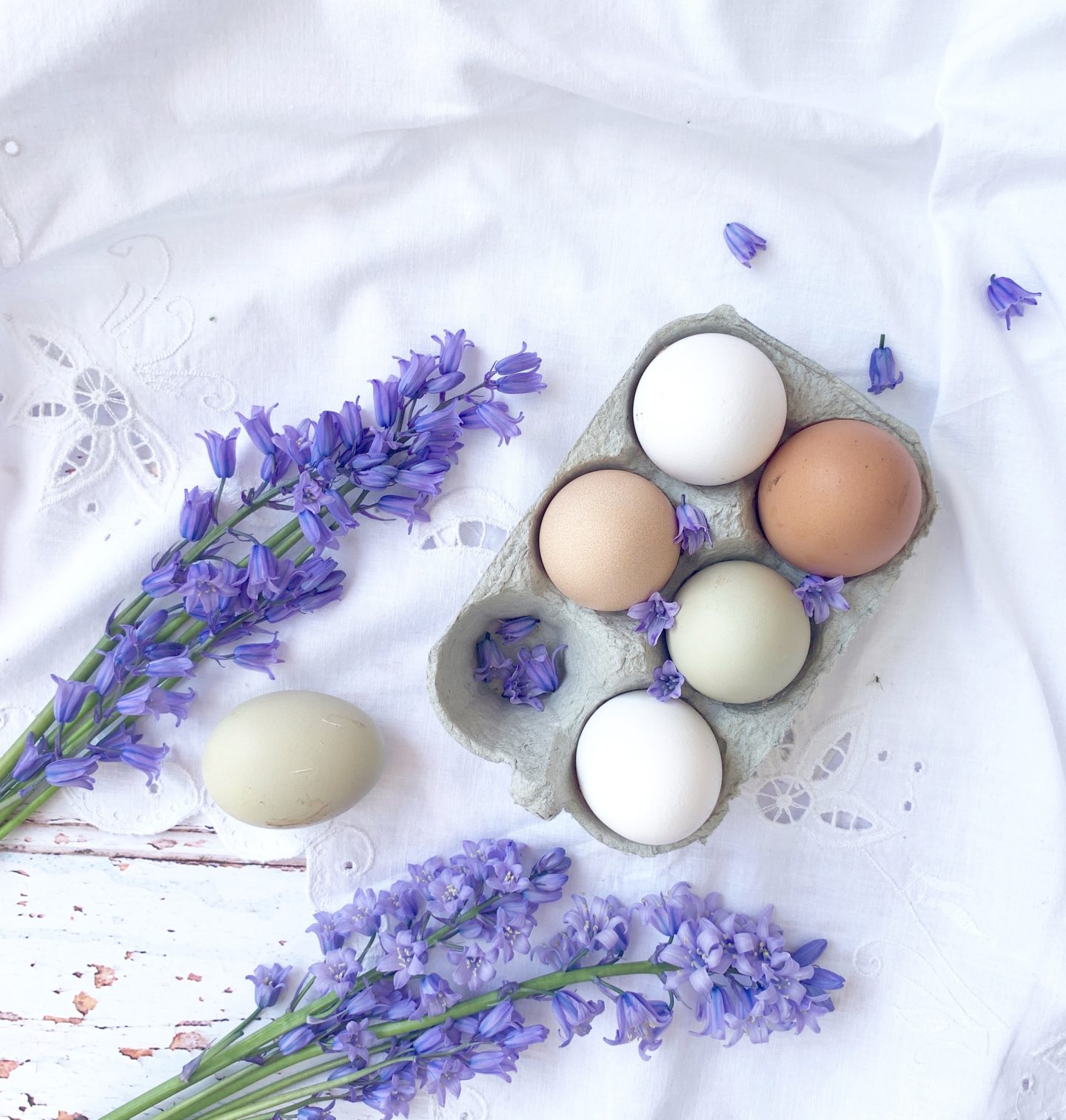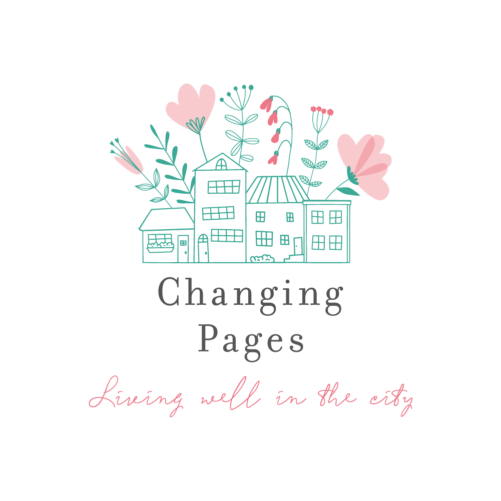 Which ever bookshop you choose to visit these days, I would be fairly certain you would not have to look too far to find books on happiness. What it is, how to achieve it and where to find it. It would seem, we are all trying to find the secret key which opens the door to happiness. Now of course there are many answers to this question, and it can be approached in many ways, philosophical, spiritual and emotional. I certainly don’t claim to have the answers but I have enjoyed thinking about it recently with the help of two excellent books written by the author and journalist Helen Russell.
Which ever bookshop you choose to visit these days, I would be fairly certain you would not have to look too far to find books on happiness. What it is, how to achieve it and where to find it. It would seem, we are all trying to find the secret key which opens the door to happiness. Now of course there are many answers to this question, and it can be approached in many ways, philosophical, spiritual and emotional. I certainly don’t claim to have the answers but I have enjoyed thinking about it recently with the help of two excellent books written by the author and journalist Helen Russell.
The Art of Living Danishly and The Atlas of Happiness both address the question of happiness.
Helen and her husband left successful and very busy jobs in London to go and initially spend a year in Denmark, which is officially one of the worlds happiest countries. They found themselves living in a place Helen affectionally christened Sticksville-on-sea. A small town by a beach with little in the way of entertainment or amusement. In this, her excellent first book, she documents her year living Danishly whilst trying to discover exactly what it is the Danes know that we don’t about being and staying happy. Each month of the year she focused on a different aspect of Danish life. Work, leisure, childbirth Hygge and holidays are just some of the topics she covers. She consults experts and local people along the way as she gradually finds her self immersed in and living a Danish life.
On reading this book, one of the things that struck me most, and I suspect anyone else in the UK who chooses to read it, is the Danes attitude to the 9-5. Helen writes about the first time her husband ‘Lego man’ arrived home from work at 4.30 in the afternoon to find her working away in her PJ’s.
” ‘What are you doing here?’ Was he sick? Had he lost his job? Had Lego HQ been evacuated under missile attack?
‘Thanks for the warm welcome’, was Lego Mans response, before dropping his empty man-bag and explaining the office was virtually empty by 4pm. ‘Most people with kids cleared their desks to go and pick them up from school or day care by 3pm.
This was mind-blowing. In London if we were both home by 7pm for The Archers, it was a cause for celebration. “
Similarly the attitude to leisure and holidays is very un-British. The Danes take the whole of July as holiday. Offices are deserted and people leave the country in droves. Leisure is a serious business (lets face it the Danes have plenty of time for it). Danes love clubs or societies, places they can pursue their hobbies. According to research by the Australian Happiness Institute, hobbies can boost wellbeing, and activities outside of work, improves quality of life, productivity and the likeliehood of career success. Participating in en mass activiteis is an essential part of living happily in Denmark.
Most of the Danes Helen talked with rated their happiness at 8-9 out of 10. They are more than content with the life Denmark has to offer. Despite shockingly high taxes, they feel what they receive in return, in terms of health care, education, quality of life and work life balance is exceptionally good value.
Throughout Helens year in Denmark she learnt what it means to live a life where time is plentiful, people matter more than work, and being part of something outside of your self gives meaning, and yes, happiness. This book is funny and informative and a real insight into what makes the Dane tick and why they are so persistently happy. It is also thought provoking and like any good read makes you question and examine yourself and the way you ‘choose’ to live.
Following on from her year in Denmark, Helen took her quest for understanding happiness further. In this book, she took in 33 countries on a round the world trip as she uncovered the secret to happiness as experienced in countries as familiar as our own and as unfamiliar as Bhutan.
I was surprised to find Syria featuring as one of the 33 ‘happy countries’, but not in the least surprised to see Costa Rica. I am lucky enough to have been to Costa Rica. And, I can honestly say it feels like, not only one of the most beautiful, but also one of the happiest places I have visted. The phrase ‘Pura Vida’ is everywhere. People greet you with it. It is plastered over signs and hoardings and is written on everything. It means ‘pure life’, and sums up the Costa Rican approach to life in their stunning country. It is about relaxation, enjoying life, supporting friends and family and revelling in and respecting the surroundings. In a country where there is more colour, wildlife and flora and fauna than you can ever imagine it would seem that being happy is easy. But Costa Rican’s know poverty and hardship too. It is just their approach to all of this is perfused with positivity and thankfulness.
In Iceland, happiness is equated with ‘Petta reddest’. A belief that all will be ok in the end no matter the size of the problem. Icelanders live in a harsh climate with only 4 hours of daylight in winter. To the outsider and certainly someone like me, for whom warmth and sunshine is a vital part of happiness, they would seem to have much to be unhappy about. And yet, Icelanders embrace their life. They are imaginative, they tell stories, they believe in elves and they are hugely creative. They find joy in their surroundings. One of my favourite things about Iceland, apart from the beyond belief beautiful landscapes and scenery, is their attitude to books. They love them. On Christmas Eve everyone exchanges books and then settles down to read them. Bliss.
In Syria, happiness comes from ‘Tarab, a heightened emotional effect or enchantment induced by certain types of music which play a huge part in the cultural heritage. In Hawaii, happiness is derived from ‘Aloha’. Similarly to Costa Rica this word is used as a greeting. But it also describes a way of life. A life that centres on a relationship with the land. It is about harmony and compassion and respect for the natural world and the culture. Showing kindness and compassion to people and the planet is an essential part of Hawaiian happiness.
If you have any interest in travel or other cultures. If you want to look beyond the often miserable news stories we read and watch about countries we know little of, then this is a fascinating book. It is also an optimistic little book, and we all need optimism when often it seems, all we can see from our small window on the world is turmoil and distress.
Can I also say this is a lovely book to flick through. The illustrations are gorgeous. This is a very well designed book. Very Danish, one might say!
So, what is it that makes us happy?
It would seem that time is definitely high up there. Time to do things we love, and spend time with the people we love in the places we love.
When I think about the things that contribute to my happiness, time seems to be the key. Creativity, travel, being with my husband, my friends and my family, exercise, reading, writing. All of these things make me happy and all of these things will on occasion be squeezed out by work or the chores required to live and function.
So, what can we do to ensure more happiness?
~ A change of attitude ~
When reading the ‘The Atlas of Happiness’ I admit that the first section I turned to was the one on England. What is happiness in England? The answer it seems, is an attitude of ‘Jolliness’. Not just of the jolly hockey sticks, stiff upper lip variety either. Despite our tendency towards sarcasm and moaning about the weather. Helen Russell is convinced that fundamentally, us English are a cheerful bunch. We do look on the bright side, we do tend to think things could be worse (even when they are pretty bad), and we do find the silver lining in all clouds.
~ An Attitude of Gratitude ~
I’ve talked about gratitude practice before. According to an article in the Huffington Post, the practice of writing down what we are grateful or thankful for at the end of the day is thought to lower stress levels, help you feel calmer at night and perhaps more importantly give a new perspective of what is important to you and what you truly appreciate in your life.
Remembering what we have and even the tiny things in a day which have been good things is an important part of finding joy. Some days its easier than others but for the most part we can all find something to be grateful for every day, even if it is just as simple as that first unbeatable cup of tea of the day
~ Think about what makes you happy, and focus on how to make it happen ~
This is something I have been trying to be more serious about this year. So for example, one of the things I have recently found which makes me happy is watercolour painting. In the dream world inside my head I imagine myself sitting with a paint brush and paints for half an hour every day. In reality this is never going to happen. I have to go to to work and I have so many other things I want and need to do as part of everyday life. So for the next 2 months I have scheduled into my diary four slots where I am going to sit for a couple of hours and paint. I have learnt that often in order to make things happen, they need to be scheduled into a diary just like anything else would. This may seem too organised, and lacking in spontaneity but I suspect it is also very Danish, and as we know they understand happiness!
~ Smile ~
Research has shown smiling can trick your brain into believing you’re happy which can then spur actual feelings of happiness. So if all else fails, jut smile!
Have a beautiful and happy day.
If you would like to listen to an interview with Helen Russell. She was a guest on Simon Mayo’s Books of the Year Podcast earlier this year. You can find it here.


What an uplifting post 🙂 Interesting how all around the world, people find happiness in such different environments. It seems it is what is inside your head, rather than what you are surrounded by, that is the starting point.
Thank you for posting 🙂
Author
Thank you, that is so interesting Vicky. I think you are absolutely right.